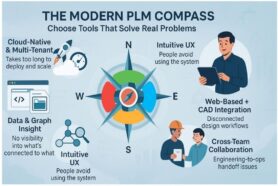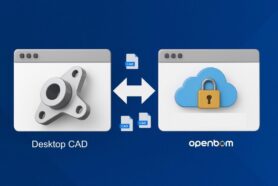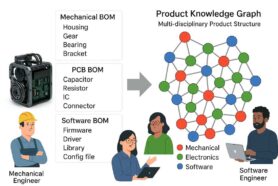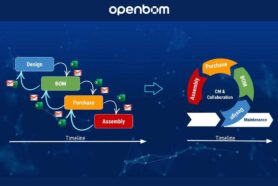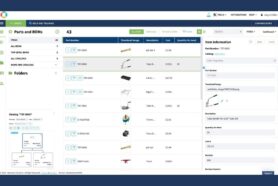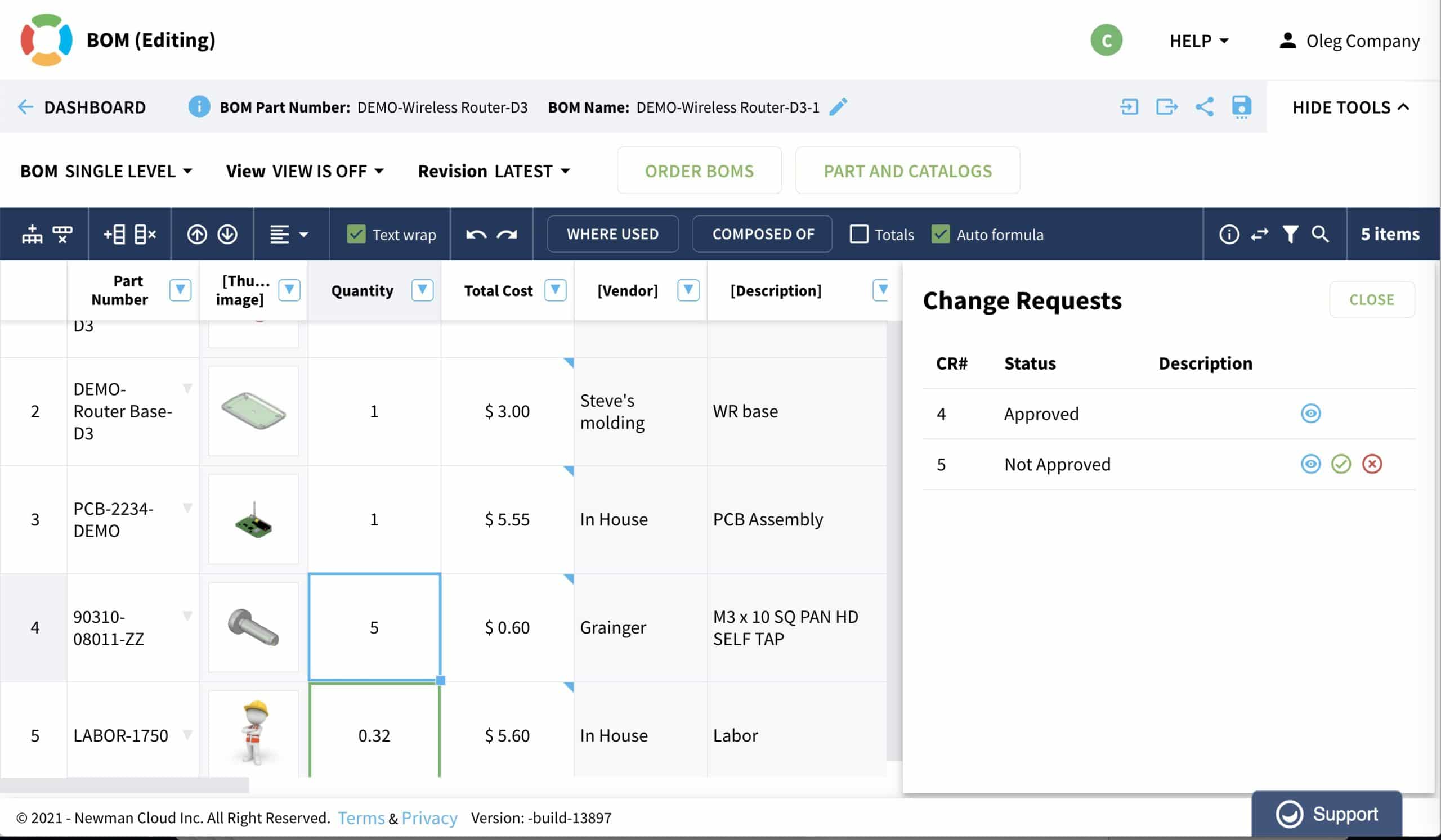
Change is the only constant thing in product development. While it is very obvious that change management is so important to set up a process to capture and control changes are usually a big effort for every engineering team and product development organization I’ve seen in my life.
I captured a few recent articles about change management. One of them is an article on Enterprise CM Blog (MDUX) blog by Martijn Dullaart – Help! Parts, Documents, Data, Revisions. Check this out. The idea of data sets is interesting and, in my opinion, has legs when it comes to the granular data and change definition. Having multiple data sets connected to a part allows providing a flexible framework for change management
Another recent article – ECO objections by Yoann Maingon is speaking about various approaches to capture changes and the pros and cons of Releasing all at once. Check this out – it is a good read. I’m with Yoann- there is no way to release everything at once – Releasing everything at once is a bad idea.
At OpenBOM we built a granular data management system supporting multiple levels of change management support.
1- Automatic change history capturing
The basics of OpenBOM data management is to capture changes as they happen. Changing item data (eg. Description, Cost, Supplier) or Bill of Materials data (eg. Quantity, Reference Designator, etc). You add, delete or replace items in the BOM – everything is capture in the history.
2- Revisions and Structure
A revision is an immutable snapshot of the item and BOM data at the moment of time, preserved and referenced in the system. A simple use case is to save a revision of the BOM with all properties and keep it as Rev1, Rev2, … It allows to preserve the history in a way that can be stored and retrieve at any moment of time. OpenBOM also supports revisions granularity for every level in product structure, which allows to manipulate it over time, capture every since level independently, and connect appropriate revisions together.
3- Change reports, change requests and change approvals
Last, but least, change management includes three fundamental mechanisms – a change report allows reporting the difference between two BOM revisions or a newer set of changes and the latest BOM revision. Reporting is always important because it gave you a way to compare “Was vs Is” status as well as to review all changes before revision will be created. Change Request and Change Approval mechanism allows to control the process of changes and only make an actual change and save revision after it will be reviewed and approved.
To learn more about OpenBOM change management, navigate to our online training library.
Conclusion
A flexible data management model combined with the system to capture changes, revisions, and providing support for change requests and approvals is a foundation of the change management process supported by OpenBOM.
Check what OpenBOM can do for you- register for free and start a 14-days trial.
Best, Oleg
Want to learn more about PLM? Check out my Beyond PLM blog and PLM Book website. Read OpenBOM customer reviews on G2 Crowd to learn what customers are saying about OpenBOM.
Join our newsletter to receive a weekly portion of news, articles, and tips about OpenBOM and our community.

